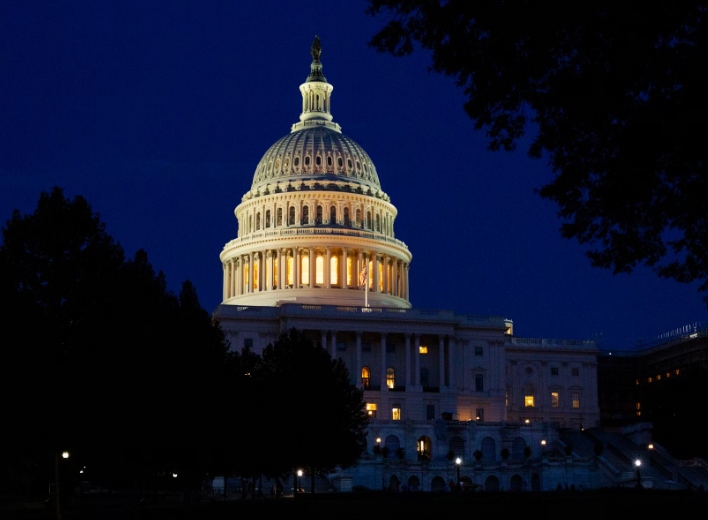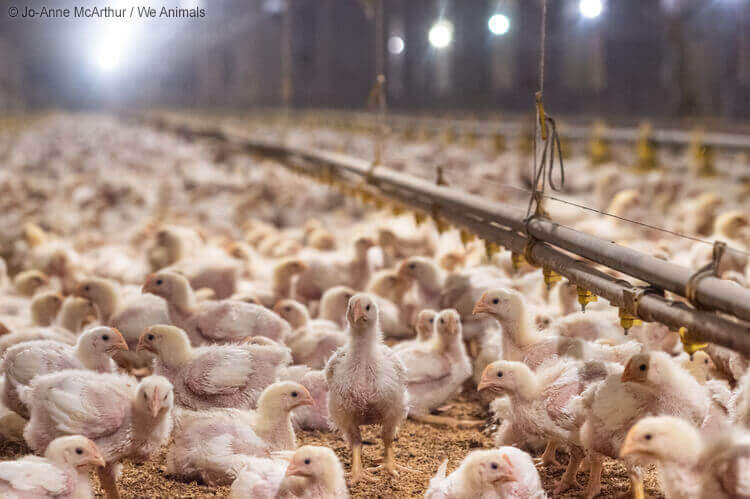Human rights are an essential aspect of any functioning society. They protect individuals from abuse, discrimination, and persecution. However, the recognition and implementation of human rights have not always been universal. Throughout history, we have witnessed the evolution of various organizations dedicated to safeguarding these fundamental rights. One such organization that has played a significant role in this evolution is Human Rights Watch (HRW). From its humble beginnings as a local activist group, HRW has transformed into a global force, fighting against human rights violations worldwide.
In the late 1970s, HRW emerged as a response to the growing human rights abuses around the world. Initially, it focused on addressing the violations occurring within the United States. Founded by a group of prominent American activists, HRW aimed to hold the government accountable for its actions and ensure the protection of civil liberties. The organization’s early efforts focused on issues such as police brutality, racial discrimination, and the rights of marginalized communities.
As HRW began to gain recognition for its local activism, it expanded its reach to address human rights violations on an international scale. In the 1980s, the organization shifted its focus to countries facing severe human rights abuses, such as South Africa under apartheid and Central American nations plagued by civil wars. HRW’s research and advocacy drew global attention to these crises, putting pressure on governments to address human rights violations and initiating international dialogue on the subject.
One of HRW’s defining characteristics has been its commitment to impartiality and credibility. The organization conducts thorough investigations, documenting human rights abuses with credible evidence and impartial analysis. HRW’s reports are widely respected for their accuracy and objectivity, providing a reliable source for journalists, policymakers, and activists worldwide. This commitment to truth and evidence-based advocacy has been crucial in establishing HRW’s global impact.
With the advent of the internet and globalization, HRW’s impact expanded exponentially. The organization embraced these technological advancements, utilizing social media platforms and digital campaigns to raise awareness about human rights violations. HRW’s online presence allowed it to connect with individuals across the globe, mobilizing a global community of activists and supporters. This shift toward digital activism has enabled HRW to amplify its advocacy efforts and reach a broader audience.
Over the years, HRW has expanded its scope to address a wide range of human rights issues. From advocating for women’s rights in the Middle East to fighting against child labor in developing countries, HRW has proven its ability to adapt to emerging challenges. The organization has also played a crucial role in shedding light on underreported issues, such as the rights of LGBTQ+ individuals and the impact of climate change on vulnerable communities. HRW’s dedication to inclusivity and comprehensive human rights protection has solidified its position as a leading global advocate.
Today, HRW’s impact can be seen in its ability to influence policy and effect change. Through its rigorous research and targeted advocacy, the organization has successfully pressured governments and international bodies to address human rights violations. HRW’s reports and recommendations have informed policy decisions and legal reforms, ensuring the protection of individuals’ rights in various parts of the world. The organization’s work has also contributed to the establishment of international human rights standards and mechanisms, such as the International Criminal Court and the Universal Declaration of Human Rights.
The evolution of HRW from a local activist group to a global force reflects the changing landscape of human rights advocacy. Its commitment to impartiality, credibility, and adaptability has allowed HRW to make a significant impact on the protection of human rights worldwide. However, the fight for human rights is far from over, and HRW continues to play a vital role in holding governments accountable and advocating for a more just and equal world.





